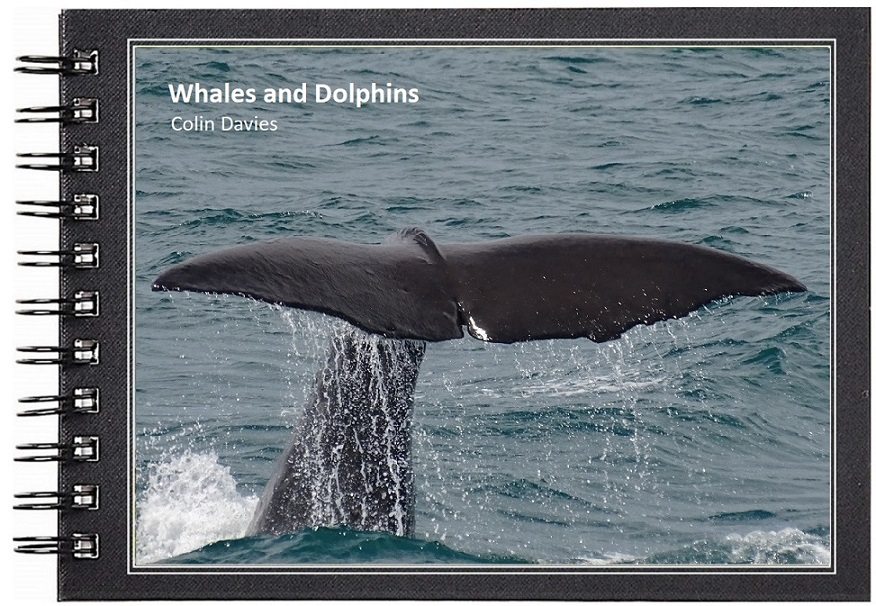
|
| Photo: Orca, bull #72 of the 27s pod. |
I knew that orca had been sighted in the Caithness area in the days before I left home for a week in the far north of Scotland, thanks to a series of messages being posted on the "Caithness and North Sutherland Cetacean sightings" Facebook group, but catching up with them was always going to be a challenge. They seemed pretty wide ranging, often going north into the Orkney archipelago as well as all around the coast to the west and south. I resigned myself to the fact that they were just the stuff of dreams, something to look out for while I was in the area, but not a serious proposition.
The town of Lossiemouth is on the most northerly point of the south coast of the Moray Firth near Inverness, and it can be hard to believe that from here there is still enough land left in the UK for you to be able to drive north for another four hours, but that's exactly what I was faced with today as I left my hotel and started my journey to Melvich on the extreme north coast of Scotland.
When I set off I had no intention of looking for orca, they were something I might look for on another day, today was just a day of travel. However, soon I received news that a family party of seven orca had been seen passing Duncansby Head near John O'Groats and later they were seen feeding to the north of Freswick Bay. I was tempted but would they hang around? It seemed the perfect day for viewing, with good light and relatively flat calm seas with just a light breeze, so I decided that it was just too good an opportunity to miss and I set my SatNav for John O'Groats.

|
| Photo: Orca, bull #34 of the 27s pod. |
Duncansby Head lies a mile or two to the north east of John O'Groats, a small, scattered village famous for being the most northerly inhabited point of mainland Britain. The scenery here is dominated by the islands of Orkney, less than 10 miles away to the north, whilst to the south lie the oddly shaped Stacks of Duncansby with their mighty cliffs and seabird colonies. It's a very wild and remote place, where the Pentland Firth meets the North Sea and though never matching the west coast for seascapes and rugged beauty, it has a remoteness almost unique in mainland Britain. None of that matters to me now though, Duncansby Head will be forever associated with surely the most dramatic and exciting wildlife experience of my life.
However all of that still seemed a long way off and the orca were still a dream, because at the moment that I set the SatNav for John O'Groats I was still a good two hour drive from where I needed to be. Would the orca stick around for that long?




